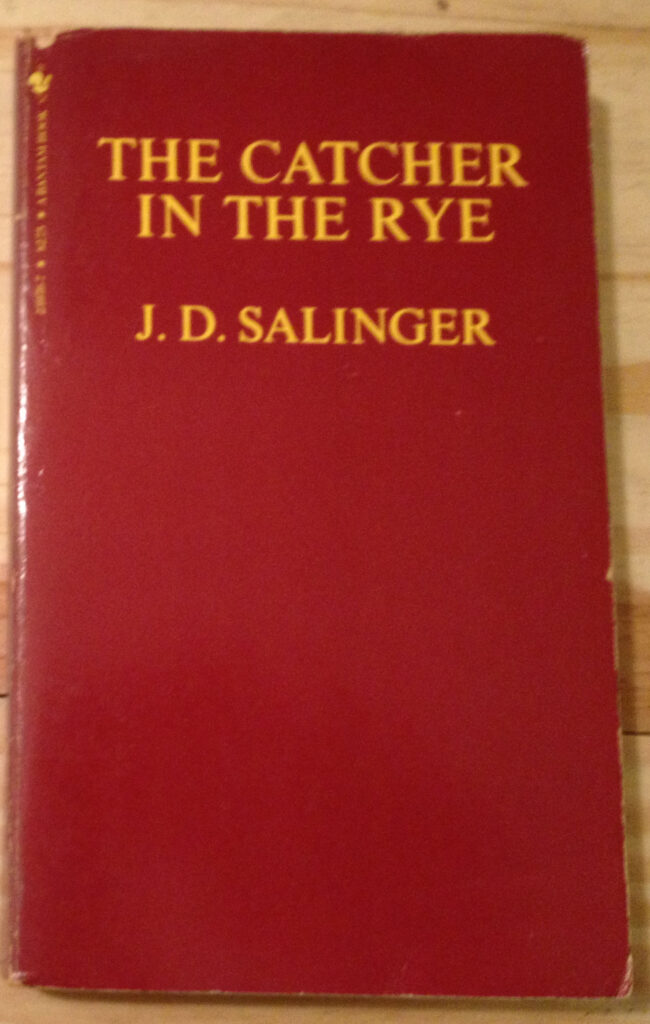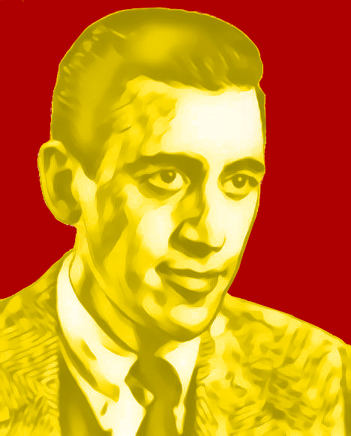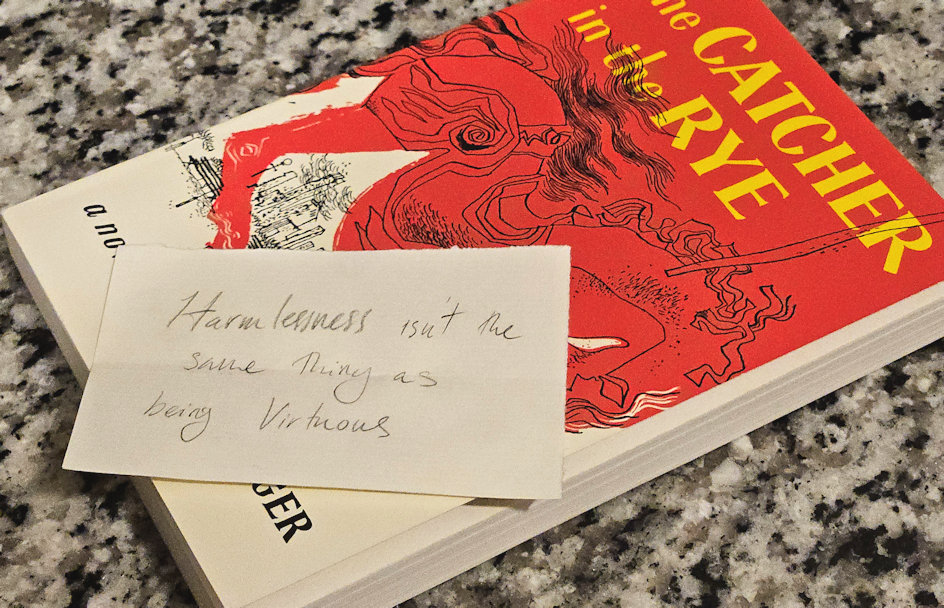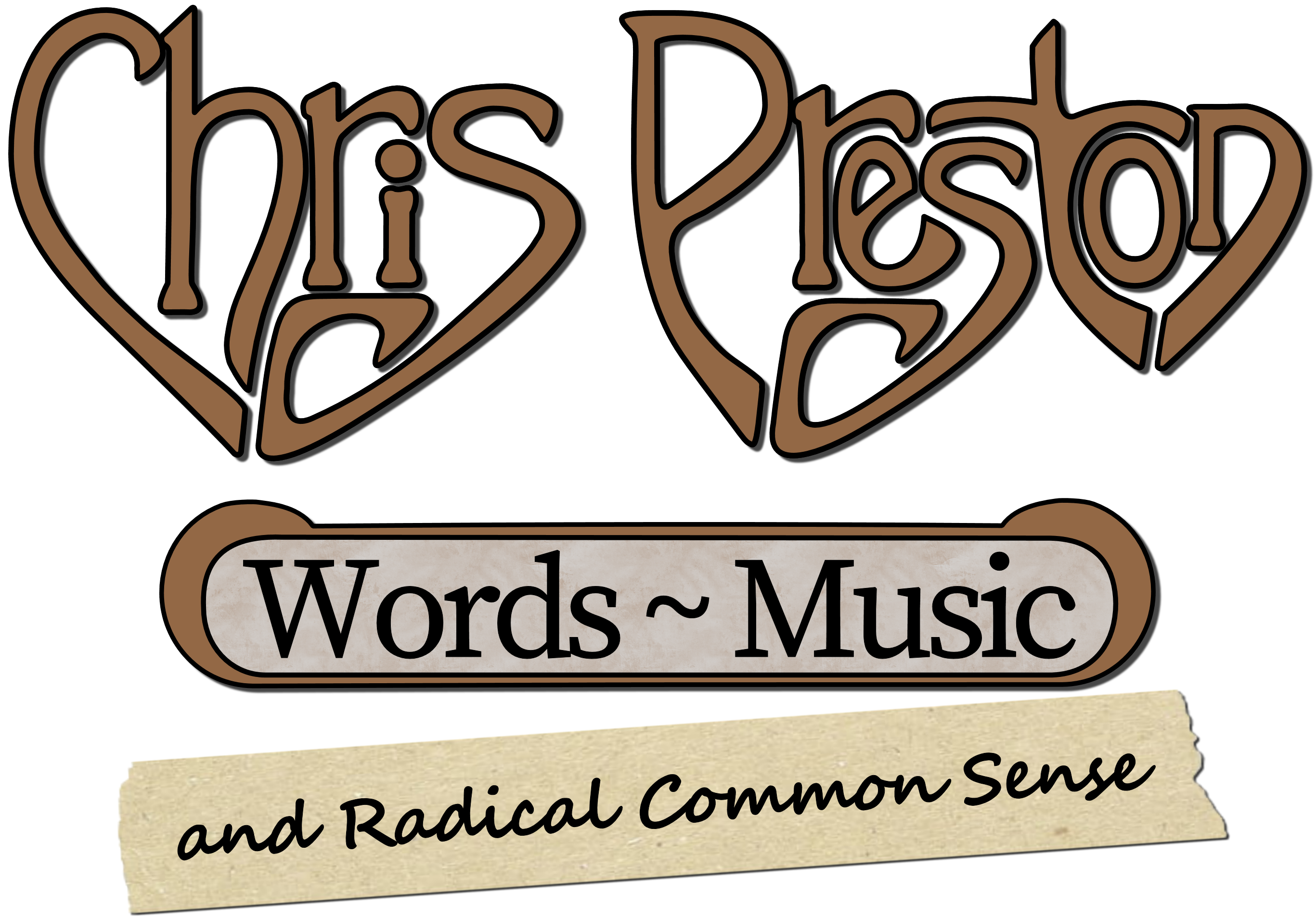I first read The Catcher in the Rye when most American kids do – when they are about Holden Caulfield’s age. By the time it became known to me, The Catcher in the Rye had long since fallen from its supposed high point in the American zeitgeist, esteemed for its reputation rather than actual relevance, like other literary mainstays of high school curricula such as The Great Gatsby, A Separate Peace and possibly, 1984. Upon my present consideration of them, many years hence, the singular power of these books by the time I came of age could very well have been to inspire in adolescents a life-long aversion to reading from which only the most isolated among them emerged literate. Bookish as I tended to be, I remember vividly the capacity these books had for gobbling up precious personal time, and how the supposed universality of their “coming of age” themes was more expected to be supported by fragments of citable literary criticism than by my own analysis. Even now as I recall my experience with The Catcher in the Rye, my memory is less of the story and characters, and more of the restless search for relevant criticism in the high numbers of the Dewey Decimal System, the pittance of credibility afforded us in the local libraries of Northern New Jersey after a feverish search by subject in the card catalog. My theory is that such education by invalidation is wont to make most anything forgettable. If there were lessons to be learned, other than to remember their titles, these were not what stayed with us. In view of the last election, 1984 was by and large, in a biblical sense, seed tossed among thorns. Nevertheless, I had come to suspect that the further we evolve from the historical contexts of stories like these, the less universal they became. I decided to find out by re-reading them. “On the clock” as I was back in school, I recall being most fond of The Catcher in the Rye, so I began with Salinger’s magnum opus.

My copy of the book is the dark red one, on which appear nothing more than the title and the author’s name in gold letters. I see it every time I move. I take it off the shelf and box it up with all of the other books and then re-shelve it when I reach the next lily pad. During my last move, it occurred to me that I had run out of space for new additions to my library, so I left some of the longest untouched volumes in boxes and stacked them up in my storage space. Of course, this is the year when I find that I want to revisit a book I’ve owed for decades. The thought of finding it in my bulging storage space filled me with dread, so as a man of means, I vowed simply to purchase another copy on my next outing. They aren’t too hard to come by and by this time, couldn’t be very expensive in paperback. I started to look forward to it. I thought about the book for weeks. Back at The Strandone night, I found that they had a few copies, but not my red one. I wanted my book! I kept shopping. I thought it would even be cool if I could find a used copy somewhere. I ran out of patience when I found exactly zero red copies in New York, so I dropped into Barnes & Ignoble on Route 3 in Clifton and grabbed a new one with the damn horsie on the cover. Fine!
My reading
I’m not writing to provide a review of The Catcher in the Rye as seen through the eyes of an adult, but I can share some general impressions. The main character and I still share the same amusing penchant for blatant hyperbole, but on this read, I thought more about Salinger than the messed up kid. And that’s what Holden was to me this time, a troubled kid. I’m far removed from identification with his desperation and confusion now, though I felt for him the first time around. I didn’t see that coming, but it makes perfect sense. I know that the comedian Dennis Miller named a child after Holden. After this read, I thought how much of a drag it must be for that kid. Why not Ignatius J. Reilly or Frankenstein? Hell, I’d rather be named after Beowulf.
Reading as a writer this time, I struggled to see Holden develop. Did he really change at all? Did he learn anything? These are the questions we ask about a character. Things happen to him and he responds. His actions have certain consequences. But are those details enough cause to exalt the piece? Was it the way in which Salinger made it happen that everyone got so fired up about? I’m still thinking it over.

Much has been said about the author and the book since the 1980s when I claimed it. I read it this time knowing that the manuscript went with ol’ Jerry as he traipsed around Europe during World War II. The Catcher in the Rye could very well have been lost forever on a beach of Normandy on D-Day. The guy was there and had a draft with him for chrissakes! To me, nothing exists unless it exists in three places – on three drives, backed up, immune from irrecoverable loss. Salinger makes me look quite milksoppy by comparison. The man’s legend precedes him too – famously elusive, completely unyielding with his story, never selling the rights and writing very little else that we ever saw. Salinger’s work spoke to people much like Bob Dylan’s. In both cases, people sought these guys out, thinking for some reason that they had answers about certain things, or worse, an obligation to make comments about significant societal issues. Usually when people caught up to either of them, the writers were irritable about it, wondering what the hell everyone wanted from them when all they wanted was to be left alone. It doesn’t matter a lick to me now, but perhaps when I was younger, I would have resented them for it like so many before me.
My message
Like Arlo Guthrie said in “Alice’s Restaurant,” “but I didn’t come to talk about that.” There was something else that overshadowed all of this mishegaas about literature, immaturity, authorship and me. This thing cleared the boards and has been the focus of my preoccupation ever since I put that book down. It was my message. I call it that because I’m the one who received it. It wasn’t in The Catcher in the Rye. It was in my copy of it. I’m slogging along, minding my own business in Salinger’s 1940s New York when I get to about the middle of the paperback. In the center of the crease was a small slip of paper folded lengthwise. I thought it was just a lot count or inventory bar code from the manufacturer. Just as I was ready to start complaining self-righteously about the way it disrupted my immersion, I opened it to find the following message, written with a pencil in a slightly delicate hand:
Harmlessness isn’t the same thing as being Virtuous
I have to admit, my heart did skip. I had never experienced something so disarming as a handwritten message passed to me surreptitiously in a book. Sure, who hasn’t seen the theories about the Jimmy Hoffa disappearance written in the margins of the Book of Job every single time you check the King James Bible out of a library?
“The Lord giveth, the Lord taketh away.” James R, end zone of Giants Stadium or slab of B Byrne Arena.
That’s nothing. This was something else. It looks like this:

Suddenly I was back in high school, trying to interpret the oracle. The first thing that came to mind was the feckless grammatical incongruity of it all. “Harmlessness isn’t the same thing as Virtue.” That would have been better structure. How anyone could even conceive of that ghastly adverbial participial clause (being Virtuous), let alone write it down sans punctuation for a total stranger to see is eons beyond my very capacity. And without a single sign of erasure, correction or hesitation!
The pretentious language of the message aside, I ventured a bit further. If this really is germane to The Catcher in the Rye, I must assert that I’ve never known themes of harmlessness or virtue to be attributed to this book. Who in it is truly harmless? Phoebe? Innocent in a certain way, but harmless? Never. Sally Hayes? Even if she was harmless on the surface, which would have fueled Holden’s ambivalence, there wasn’t anything to point definitively toward virtue in that character. I’ve been going over the rest of the characters in my mind and can’t understand what the oracle is trying to tell me. After a couple of weeks of deliberation, looking at the note on my desk every day, something clicked.
This person was a phony!
That’s oh so very Catcher in the Rye! Pretending to be profound. Pretending to be facile with the language. Feigning cryptic insights for some poor unsuspecting high school kid just trying to get his damn term paper done. This person was that guy in Radio City that exclaims when the Rockettes do their kicks, “Now that’s precision!” Holden knew that guy was a phony too. Sickening. Absolutely sickening, this world we live in.
Or did they just want me to think that? Or was this just about the coolest thing ever?
If you wrote that note and left it in a copy of The Catcher in the Rye with the horsie cover in Barnes & Ignoble on Route 3 in Clifton, please contact me at once.


Leave a Reply